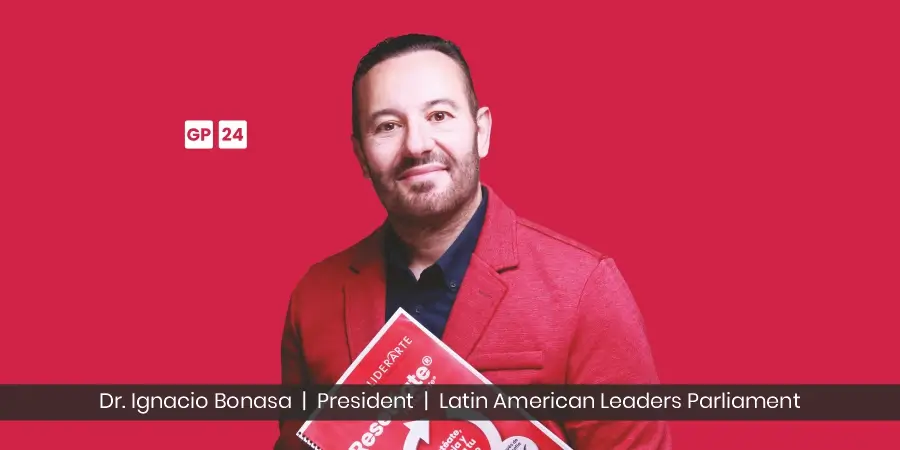Did you ever think what would happen to your family if something unexpected occurred and your estate was not in place?
Far too many people avoid estate planning because it appears too complicated or taboo. Too often, that hesitancy compels loved ones to work through bewildering court proceedings, legal forms, and months of delay that add further distress to an already agonizing experience.
Probate, the process of the law legitimizing a will and dividing up assets, is made complex if handled incorrectly. Don’t worry, though; there are some things you can do to minimize these headaches.
Better yet, you do not have to face them alone. Knowing about probate and where assistance can be found lets you safeguard your estate and provide peace of mind to your loved ones.
Read on to learn five easy ways to streamline probate and why specialized legal advice is what matters most.
1. Work With an Experienced Probate Attorney

One of the wisest things to do to simplify probate is to have a seasoned probate lawyer. Laws and regulations vary state by state, and minor errors, such as failing to meet the filing deadline or misunderstanding a requirement under the law, can lead to large delays.
A probate attorney makes sure paperwork is correct, deadlines are met, and your estate is dealt with properly from beginning to end. They also offer advice that keeps family conflicts from becoming expensive.
Probate lawyers do it all, from authenticating wills and resolving creditor claims to dispersing assets according to your wishes. Left to their own, families mistakenly think that they are capable of figuring out the complexity of the process.
Having an attorney on your side means less surprise and more effective administration. Their job is not all about paperwork; it’s about safeguarding your legacy and making it less burdensome for your loved ones.
With the help of legal advice, probate is simplified, so your relatives are able to heal rather than worrying about complicated court cases.
2. Keep Your Estate Plan Updated
Old estate documents are the most frequent cause of probate disputes. Changes in life, including marriage, divorce, a new baby, or even selling a property, render a perfectly valid will useless.
When estate plans fail to mirror present desires, recipients can find themselves at odds over possessions, prolonging probate for years or months. Staying current on your estate plan, however, streamlines and eliminates confusion.
Periodic reviews account for life events and keep your documents in sync with changing laws that may impact inheritance or taxation. It also puts an end to any confusion, allowing the executor to follow through on your desires without hassle.
A wise idea is to review your plan every few years or after major life events. Planning saves your loved ones from undue stress and strife. Ultimately, a revised estate plan makes probate an easier, more efficient process, sparing your family undue hassle.
3. Consider Setting Up a Living Trust

If you prefer to avoid probate entirely, use a living trust. While assets have to go through the court system when a will is employed, those put in trust can go directly to beneficiaries.
This accelerates distribution, saves money, and maintains the confidentiality of financial information, since probate files are public records. To establish a living trust, you place assets like real property, accounts, or investments in the trust but hold control as the trustee until your death.
A successor trustee will then manage or distribute the assets upon death without going through court. It makes the process easier and reduces the hassle for your beneficiaries.
Although forming a trust is an intentional process, the long-term advantage is well worth it: quicker access to property, less conflict, and no independent probate elsewhere.
A living trust results in your heirs receiving an inheritance that flows smoothly, with few legal headaches.
4. Organize and Document Your Assets Clearly
Probate becomes far more complicated when heirs can’t find or confirm assets. Missing deeds, forgotten accounts, or incomplete paperwork often cause delays, disputes, or overlooked property.
To avoid this, it’s essential to create a detailed inventory of everything in your estate. This should include real estate titles, bank accounts, retirement funds, insurance policies, and investment information.
Organized documentation gives executors a clear roadmap and helps the probate process move efficiently. It also prevents misunderstandings among beneficiaries who might otherwise question whether assets are being handled fairly.
Storing these records in a secure but accessible place, such as a home safe, bank deposit box, or encrypted digital folder, ensures nothing is lost. Informing your executor or a trusted family member about where to find these documents is equally important.
A well-organized estate reduces stress and allows probate to unfold smoothly, sparing your loved ones unnecessary frustration during an emotional time.
5. Communicate Your Wishes With Loved Ones

Even the most carefully written estate plan can spark conflict if family members are unprepared. When beneficiaries don’t understand choices such as unequal distributions or the appointment of an executor, resentment and disputes may arise, slowing probate.
The solution is open communication. While discussing estate matters can feel uncomfortable, explaining your intentions in advance helps loved ones accept your decisions and reduces the risk of disagreements.
You don’t need to share every detail, just clarify the major points. Clear communication today preserves family harmony tomorrow and ensures probate unfolds with less tension and stress.
Conclusion
By taking proactive steps now, you protect your family from stress, confusion, and costly delays later. With the right planning and guidance from a probate attorney, you can make the process smoother, faster, and far less overwhelming.
Secure your legacy, ease your loved ones’ burden, and ensure your wishes are honoured. Start simplifying probate today!














